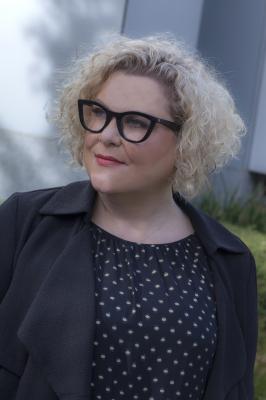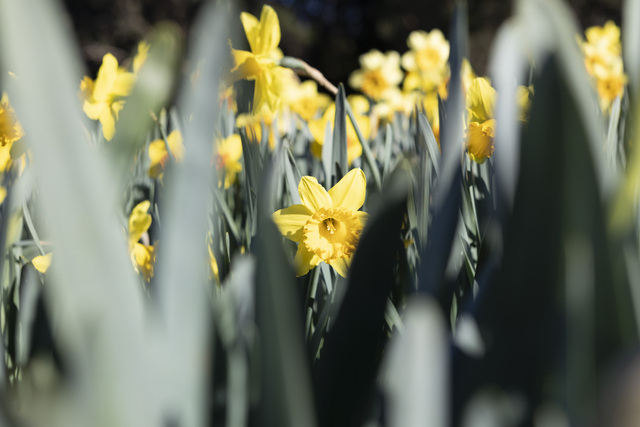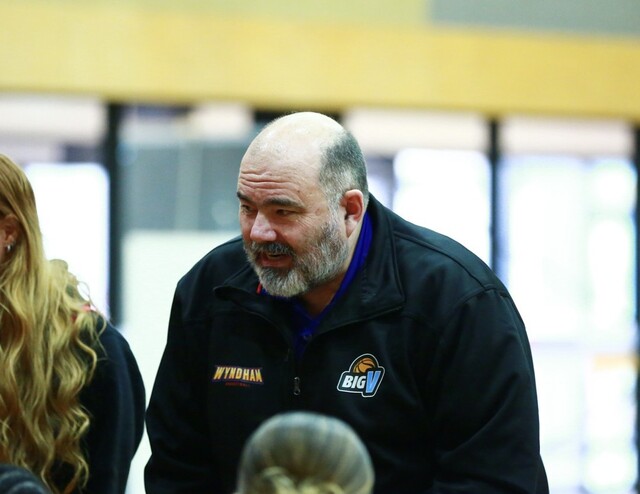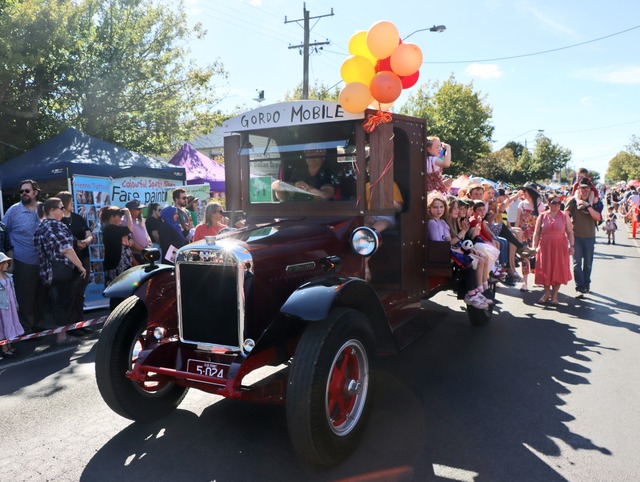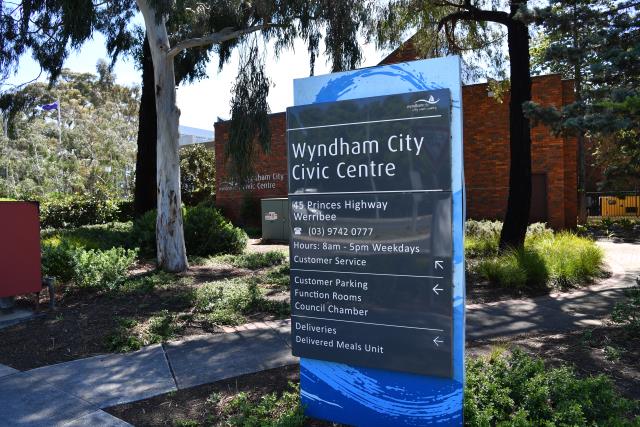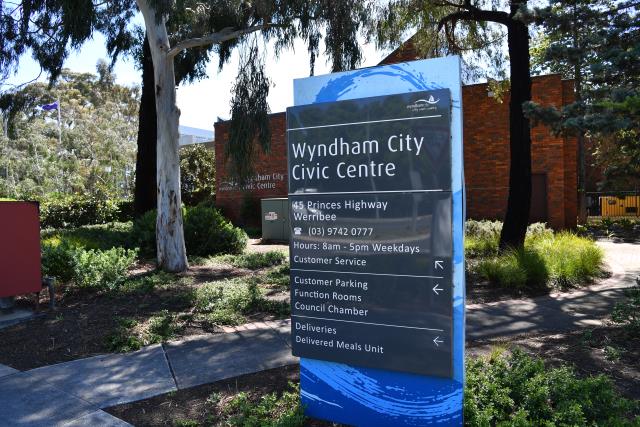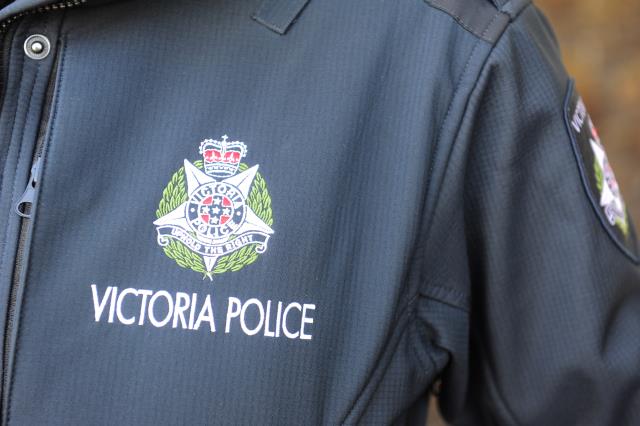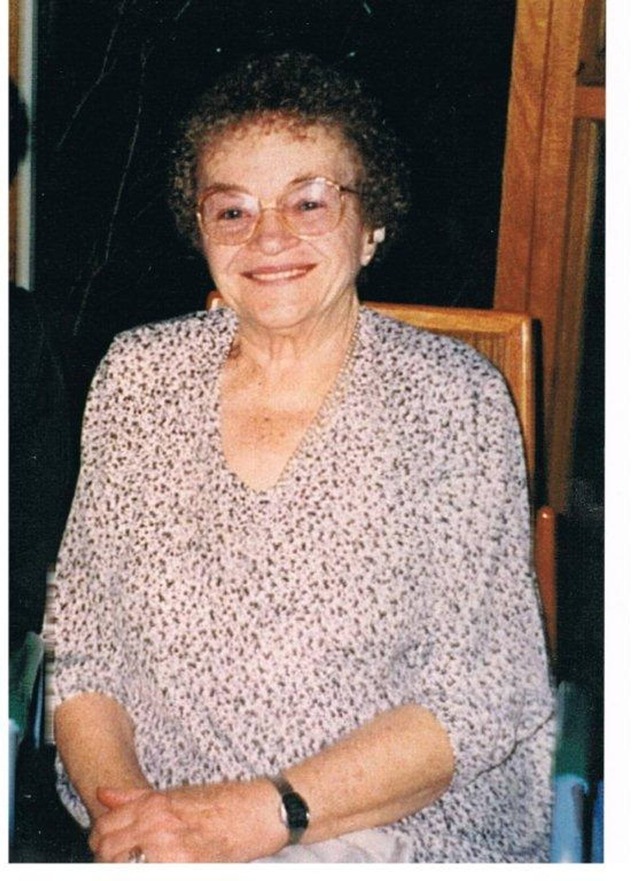Despite its obvious pain and disruption, the emergence of Covid-19 has provided us with a unique opportunity to reimagine our future.
A future that embraces liveability and rejects the old habits and norms of the pre-Covid era.
Before restrictions, lockdowns and curfews, tens of thousands of Wyndham residents crammed onto Werribee Line and Regional Rail Link trains or stewed in traffic jams along the West Gate Freeway.
The Victorian Health Indicators show Wyndham has a high proportion of people who commute two or more hours a day – and the impacts of long commutes on health and wellbeing are well documented.
Many were commuting towards to the CBD, because that’s where many jobs are.
The centre of town is where business and industry are concentrated.
But the five-kilometre rule and the mandate to work from home encouraged residents to drive less, walk and cycle more, and spend more time with their family using parks, trails and open spaces.
Covid has now given us a chance to reset. Even as we attend to the immediate challenges of leading through the crisis, we have the opportunity to do more than react to disruptive change. We can even shape our new reality.
We can become a 21st Century city featuring many hyperconnected urban centres between which people and commerce can move quickly and easily.
Never before has there been a better time to fulfil the commitment set out in Plan Melbourne of the “20 minute neighbourhood” – a notion that gives people the ability
to meet most of their daily needs within 20 minutes from home, with access to safe cycling, workplaces, vibrant activity centres and local transport options.
But to do this, we need a fundamental re-shaping of government to a more decentralised regional model; not just in responding to the current pandemic, but also to act as a power of change to fast-track liveability in outer suburban communities like Wyndham.
We’ve seen neighbourhoods across North America, Europe and here in Melbourne have a renaissance, and we want to partner with government and the private sector to achieve the promise of being able work, live, play, entertain, shop, dine and educate within walking distance from each other.
With a population of 288,000, Wyndham is on track to be home to more than 500,000 people by 2040. Smart planning and investment are needed now.
That is why we are advocating to bring big employers like Qantas to Wyndham.
We want jobs and opportunities for all residents, to cater for a growing and diverse workforce.
Leaving behind the City-centric employment hub in favour of a more decentralised model is an investment in the future lives of all residents.
The 775-hectare East Werribee Employment Precinct – the largest undeveloped surplus land in metropolitan Melbourne – is ready-made for the type of investment that can change our way of living.
At Wyndham, we have already begun the journey. We have established a program of transformational public/private partnerships, to deliver big projects that can benefit our residents.
We have partnered with the Western Melbourne Group, to build a 15,000-seat stadium and accompanying elite sports training centre.
Our catalyst sites are beginning to take shape. A 12 storey, 150-bed hotel is under construction in the Werribee CBD, a pivotal development for those visiting Wyndham’s tourism precinct, including the Open Range Zoo, Victoria State Rose Garden, Werribee Park Mansion, the State Equestrian Centre and RAAF Museum.
We want our residents to live, work and play at home.
In a recent article in The Age, architects, business figures and builders agreed that coronavirus could have a lasting impact on the City, as businesses rely less on centralised, high density workplaces.
A more decentralised model of employment, with clusters positioned locally, creates a more liveable city.
At Wyndham, we are already preparing for a post-Covid world. We will assist the hospitality sector by using public space for pop-up cafes and restaurants.
Alfresco parklets will become the norm, rather than the exception.
Our $13 million investment in Wyndham Park has created a new hub for social and health activities, entertainment and families. Bike lanes and shared pathways will be expanded to accommodate a growing zest for outdoor, local activities.
Never before has there been a better opportunity for governments and business to diversify the way in which their employees work, and get to work.
Creating ‘Future Wyndham’ is not just about building warehouses and distribution centres.
It is more than that. It is also about creating a more liveable, smart city, one that embraces new and emerging technologies and industries.
Health, information
technology, education and science. And yes, even a return to local manufacturing.
We need diversity in jobs and lifestyle. Demographer Bernard Salt recently wrote that the coronavirus isn’t just resetting the way we work, but the way we live: “A new narrative: one that’s likely to be more focussed on community, relationships, family.
And in the long run, we may all benefit.”
This is a uniquely disruptive moment in history requiring integrated and aligned government responses that draw on diverse expertise, across a range of disciplines that are informed by residents and communities at the local level.
At Wyndham, we have a great community – and we’re building Wyndham Together as a social cohesion and community building movement.
As social and economic activity returns, we need to increasingly think through our approach to a COVID normal and post virus world. At worst, COVID-19 may be something we need to live with, rather than something we beat.
But it can also be the catalyst for change. An opportunity to refocus our thinking and the way we do business.
After all, who wants to waste four weeks of their life each year sitting behind the wheel of a car.

